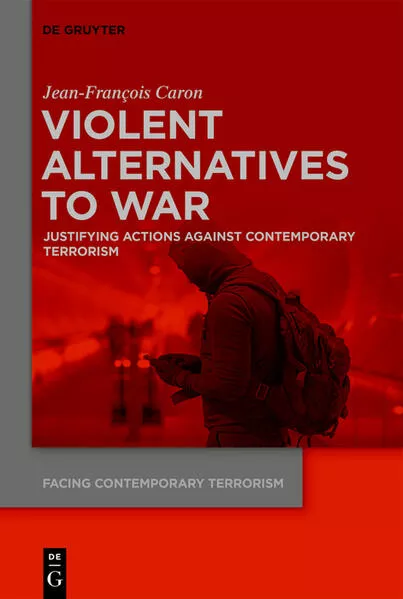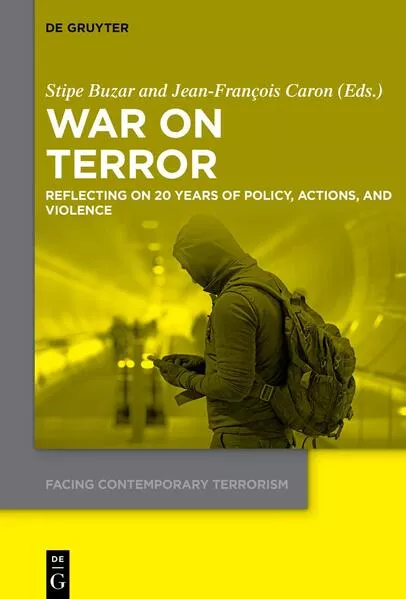Chronologie aller Bände (1 - 2)
Die Reihenfolge beginnt mit dem Buch "Violent Alternatives to War". Wer alle Bücher der Reihe nach lesen möchte, sollte mit diesem Band von Stipe Buzar beginnen. Die Reihe umfasst derzeit 2 Bände. Der neueste Band trägt den Titel "War on Terror".
- Anzahl der Bewertungen für die gesamte Reihe: 0
- Ø Bewertung der Reihe: 0
Diese Reihenfolge enthält 2 unterschiedliche Autoren.
- Band: 1
- Autor: Caron, Jean-Francois
- Anzahl Bewertungen: 0
- Ø Bewertung:
- Medium: Buch
- Veröffentlicht: 17.06.2024
- Genre: Politik
Violent Alternatives to War
When we take a look back at the way Western states have fought terrorist organizations in the last 20 years, it is difficult not to think that these alternatives to war might have been more ethical than the decisions to invade Afghanistan and Iraq in 2001 and in 2003. These cases speak for themselves as they have both led to the death of hundreds of thousands of innocent civilians, which is highly paradoxical in light of the logic that supported these interventions. There is a need to think of alternatives to war that will imply the legitimization of proactive sets of measures that would allow states to effectively prevent terrorist attacks through the use of kinetic force in a limited extent as a way to avoid the terrible and unpredictable effects of wars.
Violent Alternatives to War: Justifying Actions Against Contemporary Terrorism engages in a moral discussion of the challenges associated with violent alternatives to war when confronting terrorism and suggests a comprehensive approach to how this form of violence can be legitimized and how it ought to be used against this contemporary threat.
- Band: 4
- Autor: Buzar, Stipe
- Anzahl Bewertungen: 0
- Ø Bewertung:
- Medium: Buch
- Veröffentlicht: 01.04.2024
- Genre: Politik
War on Terror
Looking back at the "War on Terror" and its policies, actions, and the violence that followed, this book analyzes the resulting changes in international power structures and the relationship between citizens and their representatives. It defines our shortcomings in opposing this type of violence by demonstrating how the notion of legitimate violence has been broadened.
The impact of the "War on Terror" on the public view of Liberalism is explored, as well as its effects on the role of state authorities in our lives. Thus, this book names the lessons we ought to learn from the actions taken against terrorist organizations.

